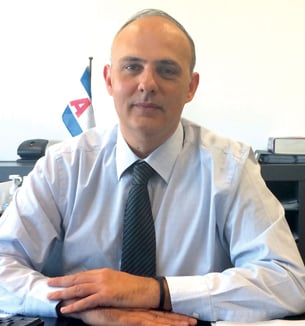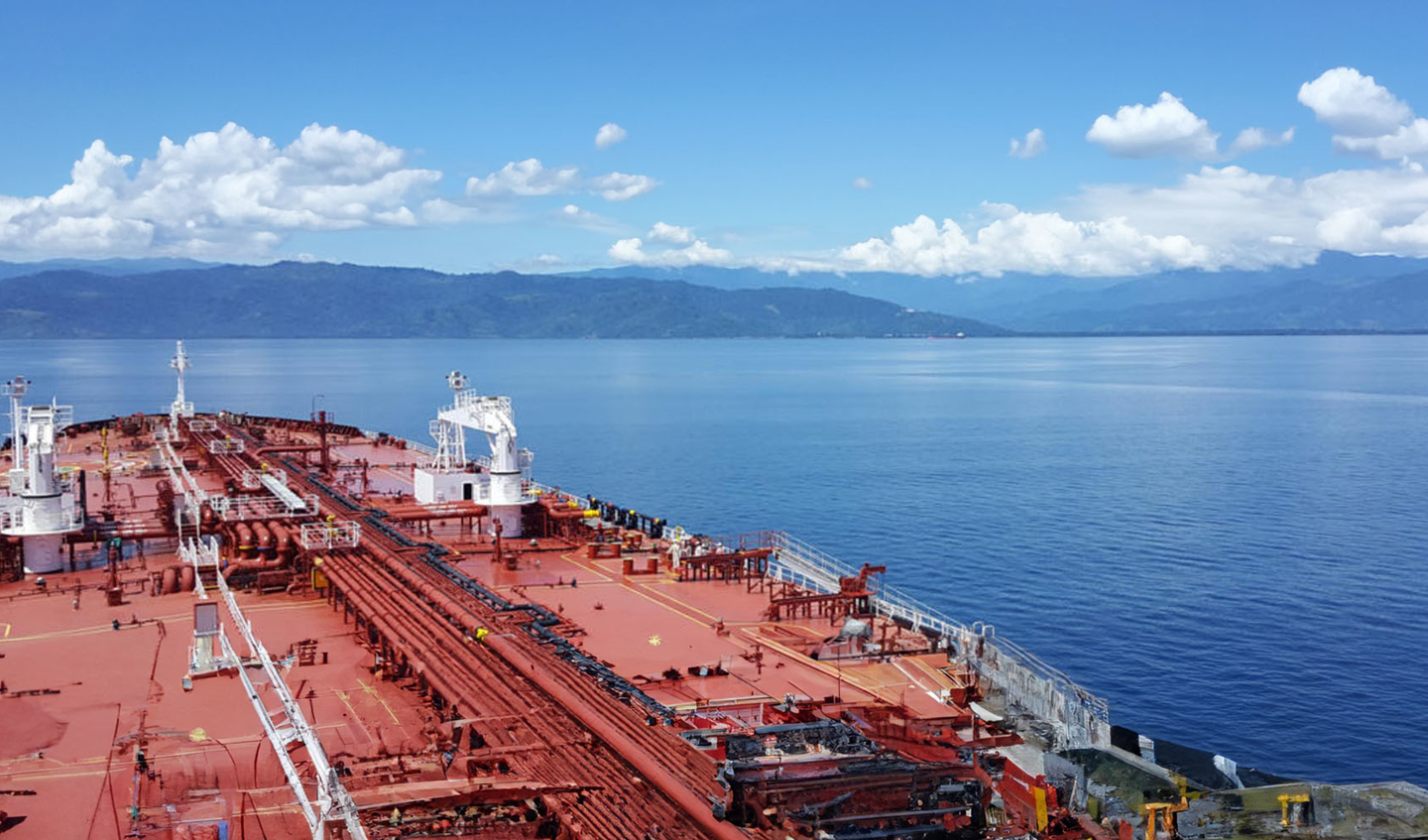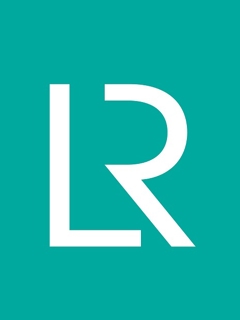Being a newcomer in any sector is never easy but it can be particularly complex in the maritime industry, where long-established relationships and hard-earned reputations dominate business activity. To join a brand-new company in Greece, a country that many consider the home of global shipping, and having to recruit alongside leading shipowners, clearly requires building a culture that will attract and retain talent.
 Someone who knows what this involves is Stylianos Dimouleas, the CEO of Almi (pictured right). Having spent 16 years onboard tankers before coming onshore, and subsequently acquiring significant managerial experience on safety, marine and quality assurance, Captain Dimouleas was the man charged with setting up Almi’s human resources operations from scratch in 2010.
Someone who knows what this involves is Stylianos Dimouleas, the CEO of Almi (pictured right). Having spent 16 years onboard tankers before coming onshore, and subsequently acquiring significant managerial experience on safety, marine and quality assurance, Captain Dimouleas was the man charged with setting up Almi’s human resources operations from scratch in 2010.
It was an opportunity to develop an entity with a “robust” HR structure in an industry where HR process can be an afterthought or is seen as ‘a nice to have’ rather than an essential, particularly among the smaller operators, he said.
“On joining Almi as HR manager, my main task was to lead the company’s expansion plan, which was huge at the time. During those early years, this involved finding the right people for our newbuilding project, that is, recruiting around 500 seafarers and nearly tripling the company's head office team. We were a new company that nobody had heard about in a very demanding market, and we were bringing in people from different companies, differing cultures, people with different backgrounds and expectations,” he says.
To rise to this challenge, the leadership team agreed that they needed two things – to gain the trust of customers and to focus on the people. This required strategic planning, which, for Captain Dimouleas, involved coupling his vast seagoing experience and post graduate education to design an innovative programme where people joining Almi were invested in its corporate culture and felt empowered to shape the company’s development.
This kicked off a massive exercise where Captain Dimouleas collected insights from across the business, from able seamen right up to masters and the team in headquarters, about their expectations, values, proposed career paths and views on how things could or should be done.
“Gathering the material took about a year to complete; we wanted feedback from everyone. We wanted to understand what honesty, transparency and quality meant to the team and how these values could translate into behaviours. This information enabled the creation of a charter – Almi’s charter of the values and the behaviours that we all follow now, has been derived from everyone’s ideas.”
The focus on improving business performance through developing and leading our people was a core strategic decision of the time and is one that has paid off, he says. Early on, Almi adopted Investor in People Standard principles and recognition, back in 2011; it is one of the few tanker operators worldwide to achieve this. The desire to put people first continues to deliver benefits, as in 2020 Almi achieved Gold accreditation. This year the company was in the list of the 10 nominees for the Gold Overseas Employer of the Year in Investor in People.
“The prize went to the Ministry of State for Federal National Council Affairs of the United Arab Emirates. We faced significant competition and we're very proud that we were nominated.”
Captain Dimouleas added that Almi was among a very select group that were invited to offer feedback to one of the biggest oil majors while they developed the TMSA Human Element chapter proposal to OCIMF.
Captain Dimouleas’ ability to lead people has clearly been recognised as he has risen through the ranks at Almi from HR manager to CEO, but how does the company, which controls around 2.9million dwt, detect and unlock leadership in others?
“For me, leadership is a relationship. It’s about spending time with others without being the one with all the answers. It’s about listening to personal stories, gaining trust, and not always having to be the authority, especially when it comes to complex problems. It’s about understanding what fires people up and how this influences their behaviour,” he said.
Leadership can exist at any level within an organisation and with any size of business, Captain Dimouleas adds. “We are a small-size company and due to our commitment to continual improvement, we have stelar performance records and we achieved long-lasting partnerships with the most reputable clients and stakeholders in the industry. Leadership is when you influence with your stance on achieving a shared goal– you make people want to be better, you inspire them, you intervene when you can help them be more efficient or when you can prevent them from doing something unsafe.
When it comes to maritime safety, the role of the human element is always closely watched but the focus shouldn’t be directed solely to situations where accidents trigger the need to deliver improvements to welfare and wellbeing. We move forward only when we always care about the people.
It’s all about human capital, says Captain Dimouleas, pointing to the commitment, contribution and fortitude of those who serve at sea and how this has been fundamental to keeping supply chains open during the COVID-19 pandemic.
“We all need to feel valued and be praised. And when you involve people in strategic decision making, you give them ownership and enable them to create an environment where they can make decisions, with room for mistakes. This builds an environment that is more productive and more enjoyable. Most importantly, it secures the foundations for growth and innovation.”







